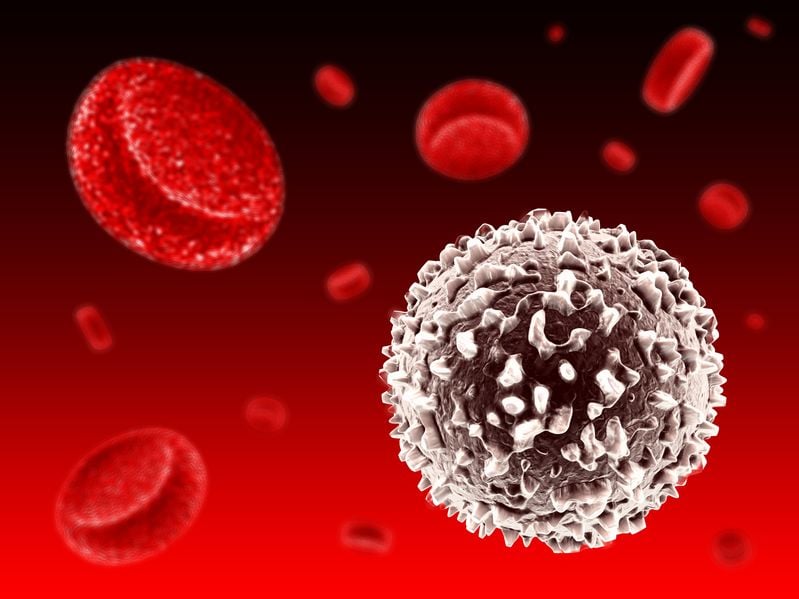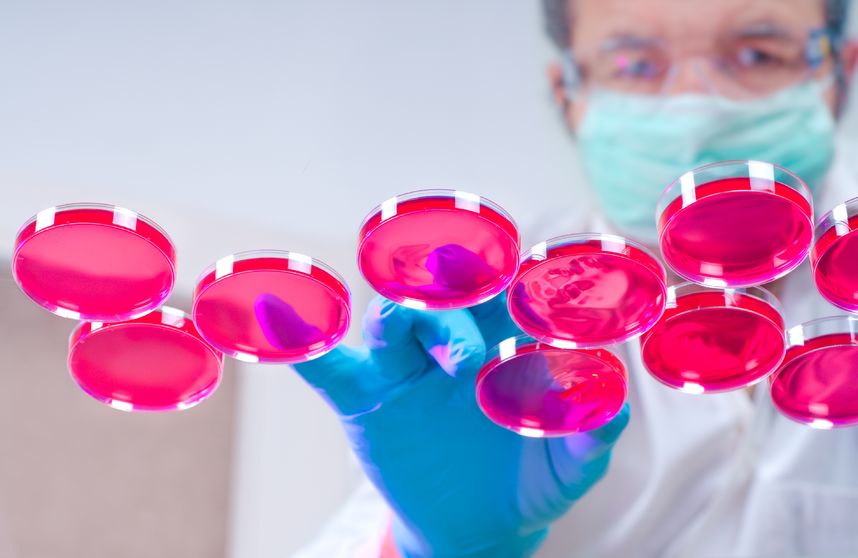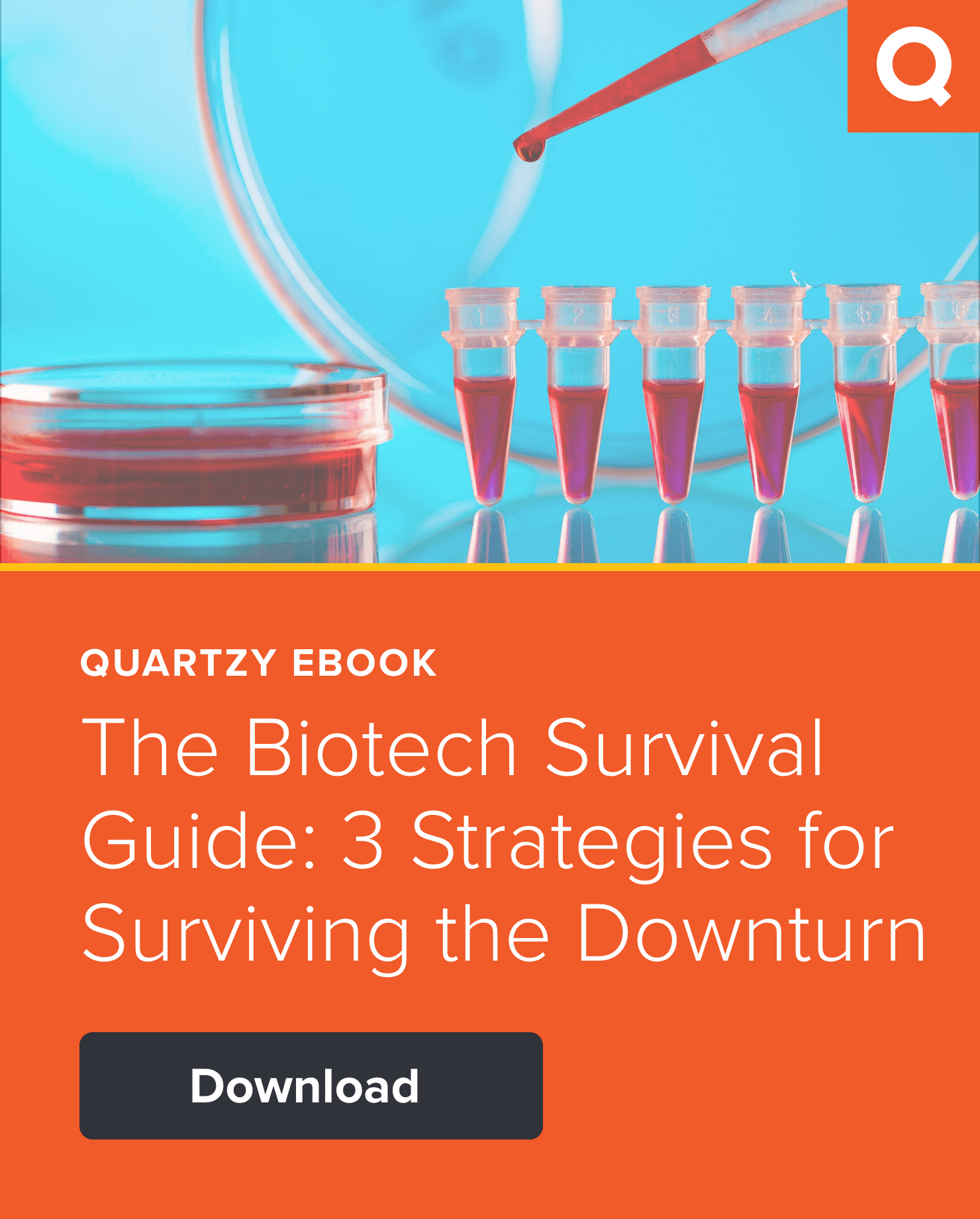We often associate holidays and celebratory events with food. A great example is Valentine’s Day, where it is common to exchange chocolates. But consuming large amounts of sugar has some not-so-sweet long-term side effects. Fortunately, this conundrum can be remedied with protein. Yep. Protein. Someday in the near future, it will be commonplace to enjoy Valentine’s Day chocolates sweetened using protein.
Joywell is a food technology company working to synthesize plant proteins that, to the human tongue, mimic the sweet taste of sugar. Proteins have several advantages over natural sugars and artificial sweeteners.  We all know sugar is associated with weight gain and diabetes, and recent research also suggests that high-sugar diets are linked with heart disease, chronic inflammation, cancer growth, and even depression. Meanwhile, sugar substitutes carry their own dubious and debated health risks. What most of us can agree upon is their taste. For many, artificial sweeteners leave behind a lingering metallic flavor. And due to a genetic quirk, some people find certain artificial sweetness unbearably bitter.
We all know sugar is associated with weight gain and diabetes, and recent research also suggests that high-sugar diets are linked with heart disease, chronic inflammation, cancer growth, and even depression. Meanwhile, sugar substitutes carry their own dubious and debated health risks. What most of us can agree upon is their taste. For many, artificial sweeteners leave behind a lingering metallic flavor. And due to a genetic quirk, some people find certain artificial sweetness unbearably bitter.
Enter Joywell. “Your body doesn’t know what to do with artificial sweeteners,” explains Ken Graham, Operations Manager. “But our sweeteners are proteins that trick your tongue into tasting sweet. And your body knows how to digest protein, that’s no issue.”
You may have already come across such a protein in the news that is extracted from the West African shrub called the miracle berry, scientifically known as Synsepalum dulcificum. After eating a miracle fruit berry, the tongue briefly interprets acidic flavors as sweet. Search online, and you’ll find videos of people consuming these miracle fruit and cheerfully munching on lemons and limes. Joywell is keen on searching for more such proteins in the plant kingdom.
Why do these proteins exist in the first place? One theory is that sweet proteins are energetically less expensive for plants to produce than sugars are. The plant saves resources, whilst still luring animals to eat its fruit and spread its seeds.
Joywell has already found sweet plant proteins in other plant species that have similar, yet different properties. “I put it on my tongue, and it made water taste sweet. Like, cloyingly sweet,” says Graham of one such protein. Currently, Joywell’s sweet proteins are all extracted and purified from plants. But this is not the company’s ultimate plan. “Our goal is to produce plant sweet proteins from yeast in a fermenter,”. Harnessing yeast for protein synthesis is a rich tradition within biotechnology—even insulin, used by millions of diabetics daily, is produced this way.
However, many of these sweet plant proteins pose a unique challenge. In some ways, protein synthesis is straightforward: messenger RNA (mRNA) is transcribed from DNA and is then exported outside the nucleus, where ribosomes translate it into a chain of amino acids.
Joywell knows that reproducing the complex and subtle features of these natural proteins, like
glycosylation and protein expression is more than just copying and pasting the right DNA sequence into yeast. Joywell is using nature to guide their work with yeast to produce these proteins as if they were extracted from the miracle berry.
But Joywell is up to the challenge, and Quartzy’s job is to accelerate their discoveries. “Quartzy removes my free-floating anxiety,” says Graham. “I know that tasks are being done. Quartzy saves me many hours a week.” And with the gift of free time, he and his company are finding the sweetness within proteins.
-
Overview
Great research starts with great lab management
-
Inventory
Track every important detail for any lab supply
-
Requests
Streamline ordering workflows, procurement, and delivery tracking
-
Shop
Shop and buy over 10 million products from brands you trust
-
Integrations
Quartzy supports the integration of thousands of applications
-
Quartzy Resources
Briefs, Guides, Infographics, Videos, On-Demand Webinars
-
Upcoming Events
Quartzy University, local user groups, thought-leadership webinars and more
-
Customer Stories
See how science teams across every industry use Quartzy
-
The Q Blog
Your destination for lab life & scientific discovery
















